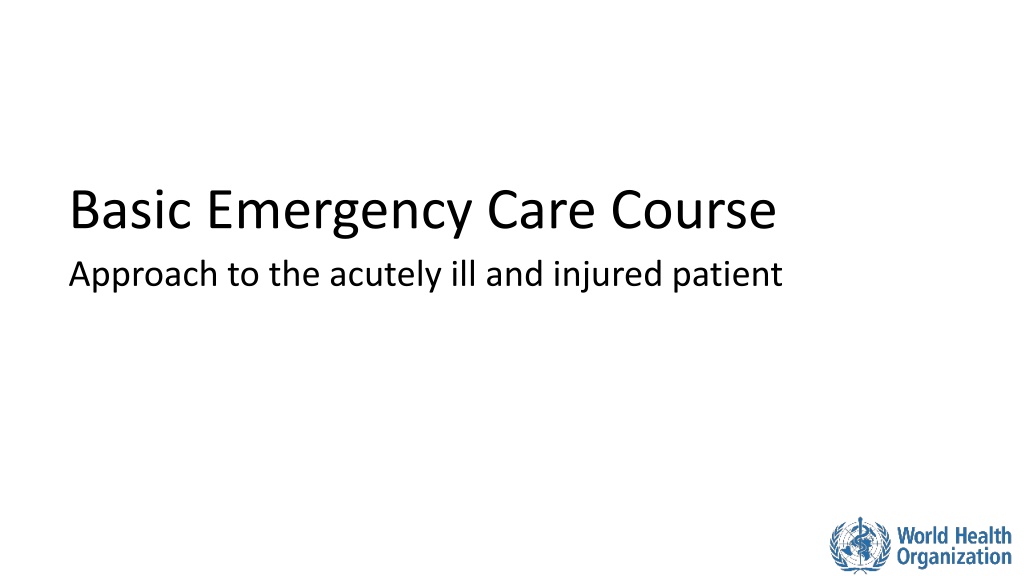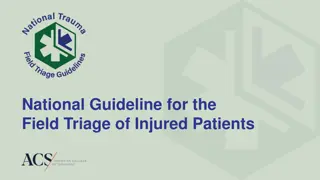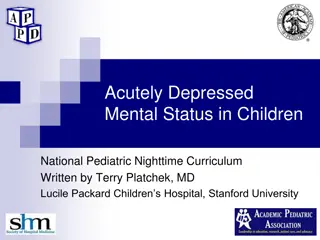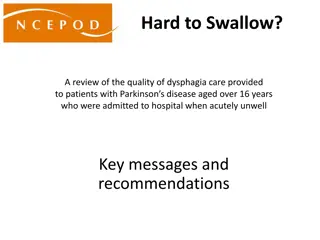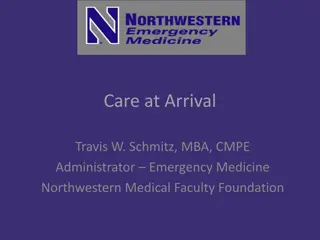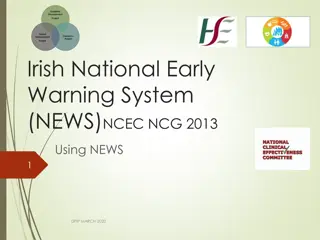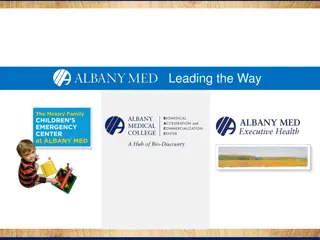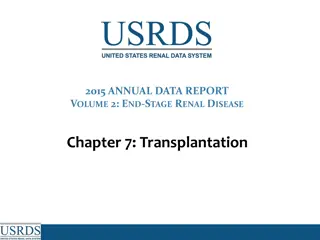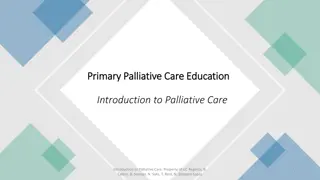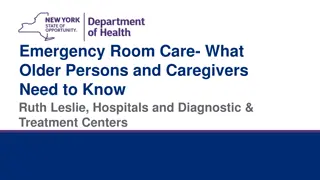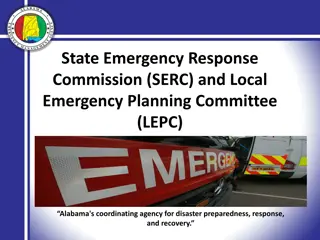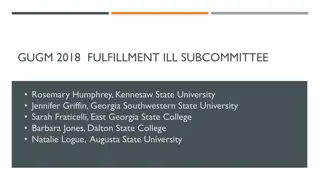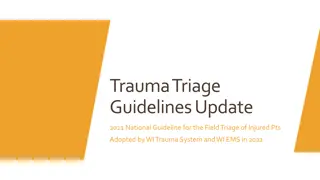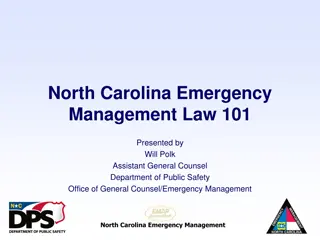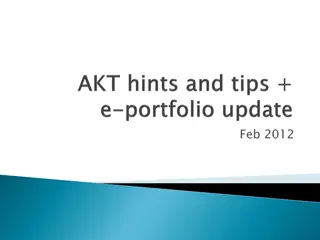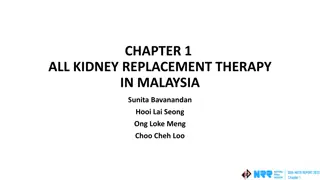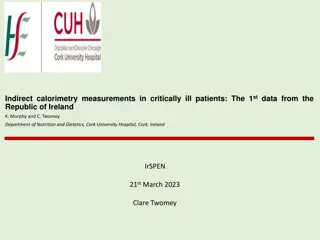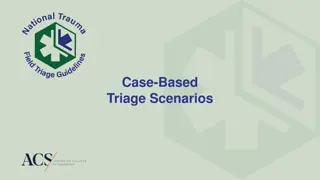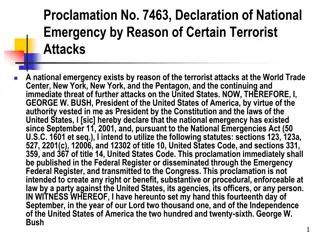Basic Emergency Care Course Approach for Acutely Ill and Injured Patients
This basic emergency care course provides a systematic initial approach for frontline healthcare providers managing acute life-threatening conditions with limited resources. Participants will learn to assess patients using the ABCDE approach, provide interventions for life-threatening conditions, and understand when to seek help or refer patients for higher-level care. The course covers topics such as trauma management, difficulty in breathing, shock, and altered mental status through interactive sessions and skills modules.
Download Presentation

Please find below an Image/Link to download the presentation.
The content on the website is provided AS IS for your information and personal use only. It may not be sold, licensed, or shared on other websites without obtaining consent from the author. Download presentation by click this link. If you encounter any issues during the download, it is possible that the publisher has removed the file from their server.
E N D
Presentation Transcript
Basic Emergency Care Course Approach to the acutely ill and injured patient
Introductions Your full name Where you work What you do What we should call you Your expectations
Goals Designed for frontline pre-hospital or facility-based health care providers who manage acute life-threatening conditions with limited resources Designed to provide a systematic initial approach to managing acute, potentially life-threatening conditions even before a diagnosis is known
Aims To ensure participants use an ABCDE approach to assess the Emergency patient To ensure participants are able to identify and provide interventions for life-threatening conditions To ensure participants understand when to call for help and when to refer a patient for higher level care
Resources Your workbook includes: Introduction ABCDE and SAMPLE history approach Approach to trauma Approach to difficulty in breathing Approach to shock Approach to altered mental status Skills modules Quick cards
Suggested Schedule DAY 1 DAY 3 DAY 4 DAY 2 08:30 Faculty meeting 08:15 Faculty meeting 08:30 Faculty meeting 08:15 Faculty meeting 08.45 Welcome & introductions 08:30 Review of ABCDE and trauma with quick cards 08:45 Ice breaker 08:30 Review of DIB and shock with quick cards 09:20 Ice breaker 08:50 Icebreaker 09:00 Skills 1 09:00 Icebreaker 09:30 Principles of the course 09:00 DIB talk 10:20 TEA 09:20 AMS talk 10:00 Official opening of the course 10:30 TEA 10:20 TEA 11:00 Skills 2 10:30 TEA 11:00 DIB small groups 10:40 ABCDE talk 12:30 LUNCH 11:00 AMS small groups 11:45 ABCDE small group session 12:00 Handover transfer discussion 13:15 Skills 3 12:00 Posttest MCQ 12:45 LUNCH 12:30 LUNCH 13:00 LUNCH 14:45 TEA 13:45 Trauma talk 13:15 Shock talk 10:20 TEA 15:00 Skills 4 14:00 Medication small groups 14:45 TEA 15:30 Secondary survey demo plus GCS 16:30 Skills feedback 14:45 Wrap up and Results 15:00 Shock small group 16:00 Trauma small groups 15:30 TEA and farewell 16:45 Wrap up and closure 16:30 Wrap up and closure 16:40 Wrap up and closure
Requirements To be awarded a Certificate of Achievement participants must: Complete the pretest Attend all sessions each day Complete the key terms and workbook questions by the end of the four days Pass ALL skills station assessments Successfully lead a case scenario Score greater than 75% on the final written exam
